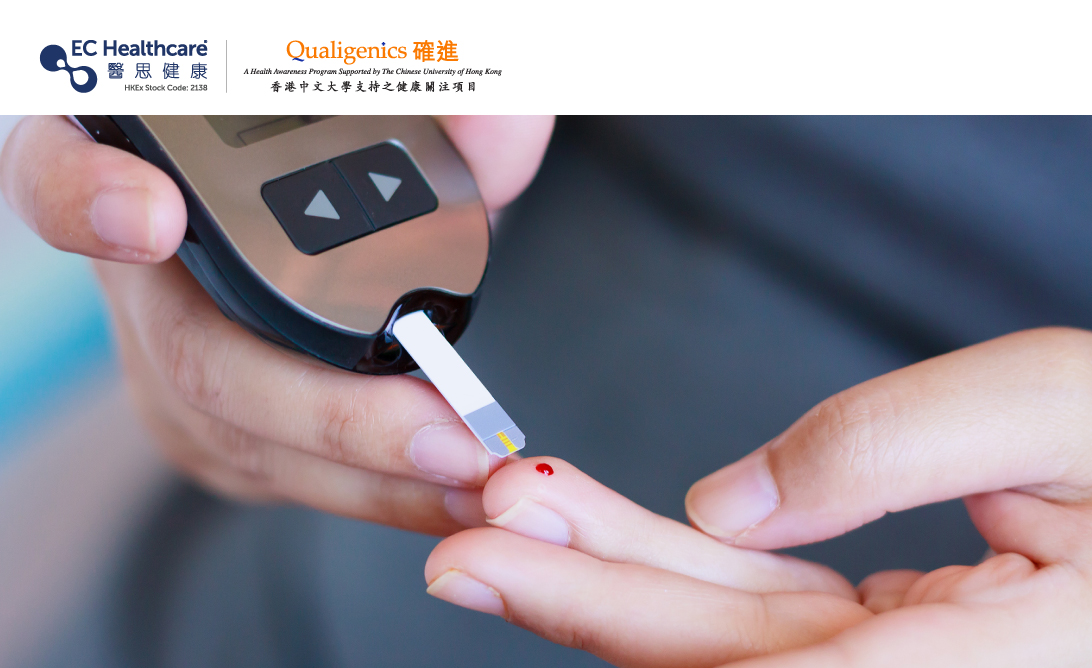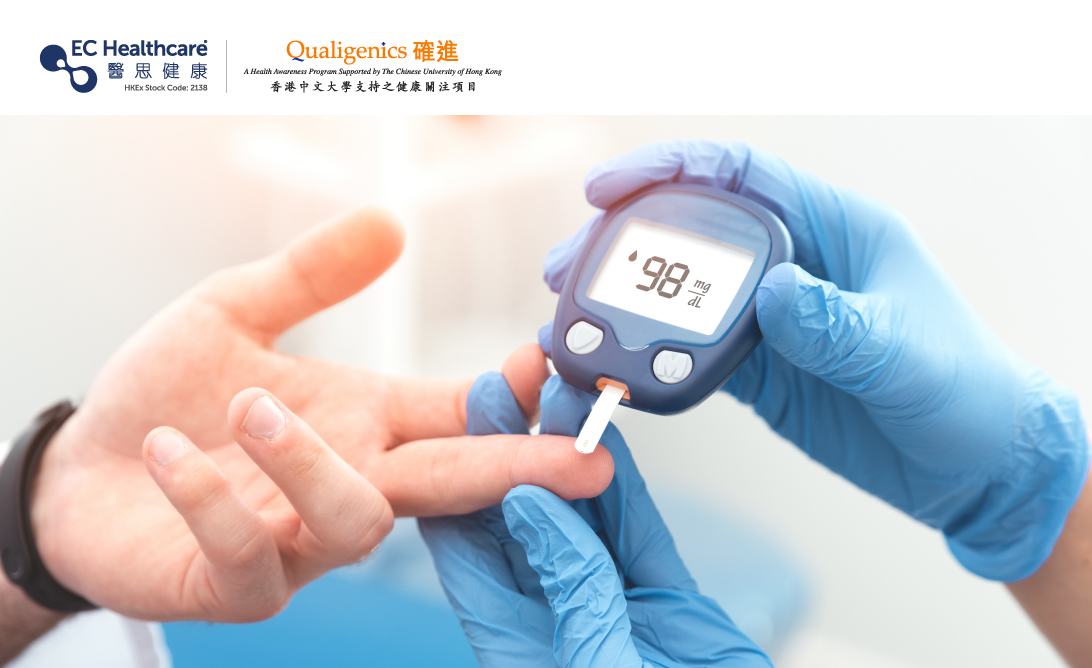The Youthful Onset of Diabetes


Does being young mean you can indulge in sugar? In Hong Kong, there are over 700,000 people living with diabetes, which means approximately 1 in every 10 Hong Kong residents is affected by this condition. Previously, Type 2 diabetes was more commonly observed in individuals aged 40 and above. However, with the changing lifestyle and dietary patterns of urban dwellers, there is a concerning trend of diabetes affecting younger individuals, with cases of Type 2 diabetes even occurring in teenagers as young as 19 years old!

Rising Prevalence of Prediabetes Among Young Adults
Drawing blood on an empty stomach and finding a blood glucose level higher than 7.0 mmol/L indicates the presence of diabetes. However, many young individuals have blood glucose levels that, although not meeting the diagnostic criteria for diabetes, are higher than normal. These levels fall within the range of 5.6 mmol/L to 7.0 mmol/L on an empty stomach, indicating prediabetes. This is considered an early warning sign for developing Type 2 diabetes.
A study conducted by the Faculty of Medicine at The Chinese University of Hong Kong examined clinical data from 200 adults in the city. The results revealed that individuals who developed prediabetes in their early 20s have a higher lifetime risk of cardiovascular disease. Furthermore, their risk of developing Type 2 diabetes in the future can reach up to 90%, which is 33% higher than that of healthy individuals.
Technological advancements have led the younger generation to prefer indoor activities such as gaming and using smartphones for various forms of entertainment. This sedentary lifestyle, coupled with a lack of exercise, and the tendency of young people to neglect their nutritional needs, often opting for high-sugar fast food and snacks, significantly increases the risk of obesity and prediabetes. This lifestyle choice can exacerbate organ damage in the eyes, cardiovascular system, kidneys, feet, and nerves, and even raise the likelihood of serious diseases such as kidney disease, cancer, and stroke.
Reverse Diabetes! Diet and Testing are Key in the Pre-diabetes Stage
The lack of symptoms and urgency associated with prediabetes often leads to a lack of awareness among the general public and healthcare professionals. This oversight frequently results in the neglect of prediabetes, which can progress to irreversible Type 2 diabetes by the time it is diagnosed.
Despite the alarming trend of diabetes affecting younger individuals worldwide, research on diabetes prevention in the United States indicates that adjusting lifestyle habits during the prediabetes stage can have a significant impact. Adopting a balanced diet, engaging in moderate exercise, prioritizing sufficient rest and quality sleep, and managing weight effectively can effectively improve and control blood glucose levels, overall physical function, and cardiovascular metabolic indicators in individuals with prediabetes. This approach offers the potential to delay or even reverse the onset of Type 2 diabetes, surpassing the effectiveness observed in older adults!
Moreover, regardless of age, individuals with prediabetes or diabetes may consider acquiring a blood glucose monitoring device for home use. Regularly "pricking the finger" for self-monitoring of blood glucose levels can aid in adjusting dietary habits. It is also important to follow medical advice and take prescribed medications as directed, while undergoing regular comprehensive medical check-ups. These measures facilitate early diagnosis and minimize the impact of diabetes on the body.










